In Blackness - Author Interview with U.L. Harper
U.L. Harper is an after-school program Site Director in Long Beach, California. Over one hundred students attend his program. He previously worked as a corporate manager, and a journalist for a now defunct news agency in Los Alamitos, California. Newspapers are part of his writing background but he also dabbled in poetry. His poetry is published in The Body Politic chapbooks. He is the author of In Blackness, The Flesh Statue and the short story book Guidelines for Rejects. You can visit U.L. at http://ulharper.com/ and http://ulharper.com/blog/
Welcome to The Writer's Life, U.L. Can you tell us a little bit about yourself and how long you’ve been writing?
A: I was Born and raised in the southern part of California: Long Beach, San Pedro, Los Angeles, places like that so I’m used to a bit of grime. I’ve been writing since forever. Writing didn’t always run my life like it does now, but I’ve been doing it actively since I was a pre-teen. I started writing and skateboarding at about the same time. Over twenty years later and I still do both.
Can you please tell us about your book and why you wrote it?
A: I wrote In Blackness because I had to. We’re talking about a story that had developed for years. On one had it’s about Dustin, Lenny, and Saline, young adults trying to find their place in the world. On the other hand, it’s about Lenny and Saline traveling back to their childhood home for reasons they’re not one hundred percent sure about, a mysterious calling in a way. They were told they moved to San Pedro from Washington State for monetary reasons, and their situation, living with a family friend, sure points to that. But on their journey, well, other issues pop up. The world doesn’t just suddenly change around them; it changes, in part, because of them. Come to find out it’s very close to a conspiracy. Dustin stays behind and is the first of the three main characters to see the alien ships.
What kind of research was involved in writing In Blackness?
A: I threw out a lot of research. There was supposed to be a disease that starts to wipe out civilization. I researched the perfect disease for years. After I finally settled on a mutated airborne version of Mad Cow Disease, I kind of thought that scenario was a bit cliché, so I scrapped it. The research I kept was about Nephilim in the bible. I did a lot of bible reading to get inside Saline’s head, because she’s a Born Again Christian. I also did interviews with one particular Christian friend of mine. However, I did not go to church. It seems that Christians don’t go there nearly as much as one might think. Back to Nephilim. Their description was perfect for the aliens. It just kind of worked out that way. Originally, I said to myself, what if there was a fifteen foot tall cannibal that ate people? Then I find these fifteen foot tall people for Saline’s story arc in The Bible, and I’m like, I’m in. And oh yeah. I did plenty of research on aliens. The good stuff.
Has it been a bumpy ride to becoming a published author or has it been pretty well smooth sailing?
A: My opinion is that the publishing industry is broken. Bumpy isn’t the word I would use. Torcher is more like it and here’s why. Because you do everything willingly, happily, but everything you do is not going to lead to real progress; you always make small gains but nothing that puts you over the top, as far as popularity. You learn that even if you succeed, most of the time it’s fleeting success, something temporary. All of that is fine, but you want to be read and read a lot. A writer’s mind frame works like this: There are billions of people on the planet. A few hundred have read my book. And then you hang your head, wipe a tear from your eye and get to tweeting some more. Is it tough? I know authors who’ve sold thousands of books and think it’s torcher. I mean, thousands have read it, but millions didn’t even look. So try harder.
For this particular book, how long did it take from the time you signed the contract to its release?
A: About seven years. There’s no contract. Just a long road flooded with blood sweat and tears leading to publication.
Do you have an agent and, if so, would you mind sharing who he/is is? If not, have you ever had an agent or do you even feel it’s necessary to have one?
A: I do not have an agent and have never had an agent. And, yes, I think an agent would be great. But an agent is not necessary. Necessary meaning an author can’t succeed without one. Realistically, I’m quite certain you can have an agent and never sell your manuscript. Then again you can strike fire and blow up world-wide by using your skills at luck. The other reason you might not need an agent is because it is quite clear that getting published does not always rely on the skills of the author or strength of the story. Sometimes it’s just plain old, “Wow, how did this happen at the right place and time. I’ll have to write this down.” Can an agent get you there? Sure. Will they get you there? Not for most authors. Can it work without an agent? Yes. Is it hard? No matter what.
Do you plan subsequent books?
A: There will be two more installments to In Blackness, each of them released first as an ebook and then in print later.
Can you describe your most favorite place to write?
A: Right here at my screen in my office. I’ll lay it out for you. There is a dim yellow light glowing from the lamp on the left of me, keeping me calm and collected no matter the alcohol intake. In front of me is a 32 inch television monitor that I use for my desk top computer screen. Flanking the screen are 5.1 stereo surround speakers. I want you to picture the laser printer to the left, the one with the static blue light. In back of me is a futon with my favorite comforter covering a place I nap, at two in the morning, three in the morning, four in the morning, when the sun rises, then I write some more. Deep down I fear the ceiling fan above me, as it squeaks and clatters and pushes air around the room, will fall on my head and end my writing career before it starts. My dog licks my arm as I type.
If money was no object, what would be the first thing you would invest in to promote your book?
A: Peter Jackson and Steven Spielberg.
How important do you think self-promotion is and in what ways have you been promoting your book offline and online?
A: Self-promotion is basically all you got, depending on how you look at it. Everything you do comes from you first. That’s how I see things. I see the book cover as self-promotion. I see the content as self-promotion. You have to be close to both of those to even get started. These are two things you have to know how to talk about. People debate me about the cover but they’re still wrong no matter how much they stutter over their own words. Offline you have to be a complete go getter, passing off good vibes about yourself whenever the subject of your book arises. Added to that, well, by the time this is read I should have done my book release that was streamed live via the internet. Also whenever I have a reading I invite other artists, so my signings are art shows and small music events, something that looks fun on a flyer. I also believe in stopping by open mics and reading my poetry there and setting up shop with some books. There are open mics everywhere. Online it’s all the usual: virtual book tours, twitter, tumblr, a little facebook, author interviews on my blog and exposure with book reviews also at my blog, and again at my blog I have my own opinion area. I post this content in as many places online as possible. To stay relevant, I put together my own twitterzine. From this I tweet out interesting news articles about the industry or about books or just some fascinating subjects, whatever it may be. You can’t just talk about yourself all day. Eventually people don’t listen, not that they’re listening anyway. Smashwords.com. Goodreads.com. I can go on and on.
What’s the most common reason you believe new writers give up their dream of becoming published and did you almost give up?
A: I never almost gave up. New writers give up because they don’t have thick skin and don’t think they can achieve fame and fortune. They see that they can’t be successful on a global scale. Those who stick around know it’s not about that. The industry doesn’t need those losers anyway.
Any final words of wisdom for those of us who would like to be published?
A: Yeah. You’re not amazing, no matter how many great reviews you get; you must always be hungry, never feel entitled. You’re not the great American writer and never will be. That person will never exist. It’s a myth fabricated by a media run by Stephen King and James Patterson. You must always earn your keep. It’s never on autopilot, and your confidence has nothing to do with your story, unless your confidence is nothing but your story.
Thank you for your interview, U.L. I wish you much success!
A: I wish you only continued success.




















































































































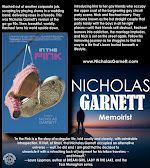


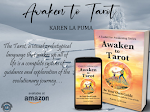
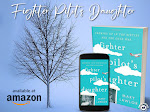
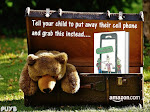



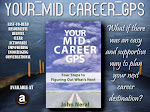
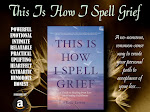
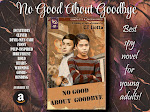


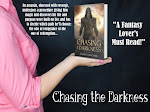
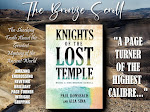


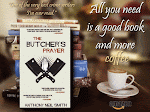
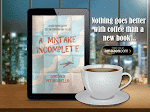
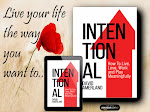
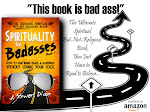

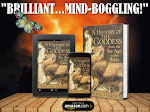


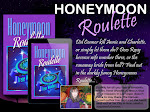
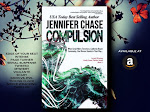

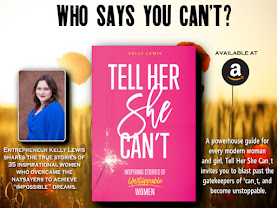










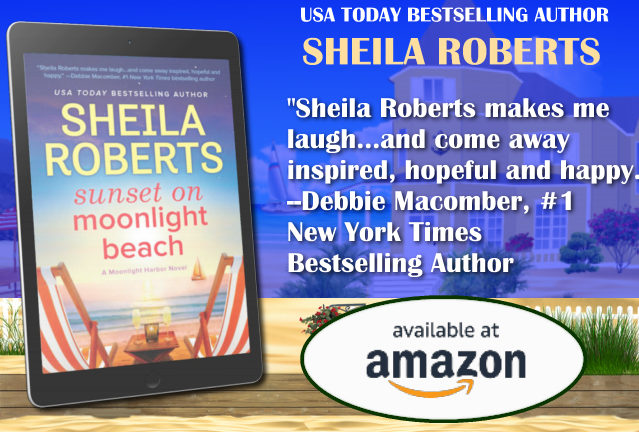
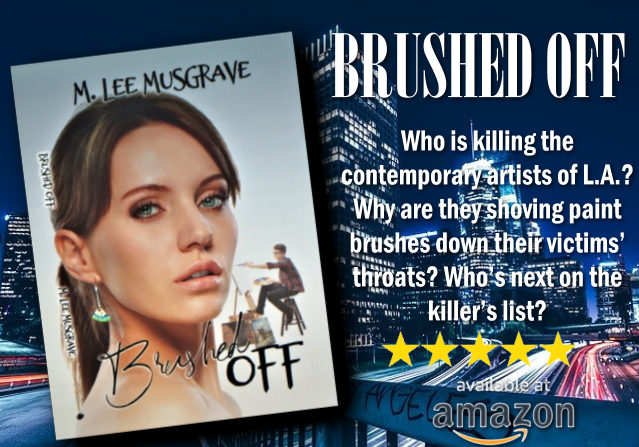


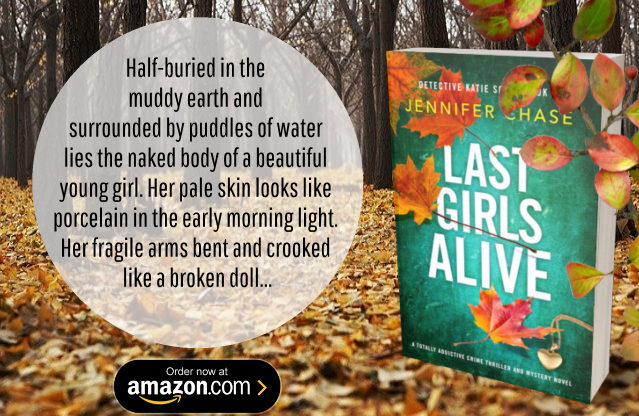
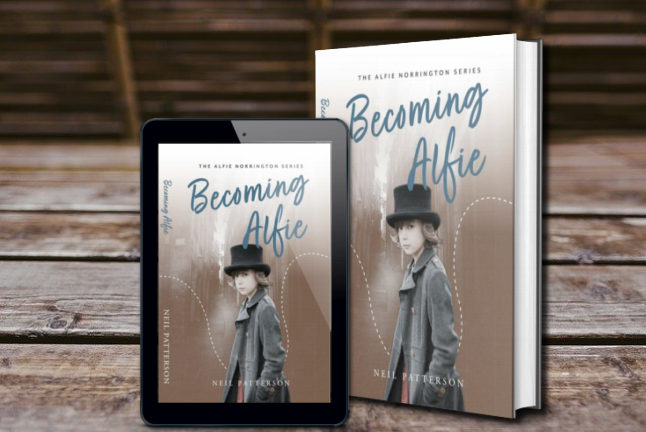
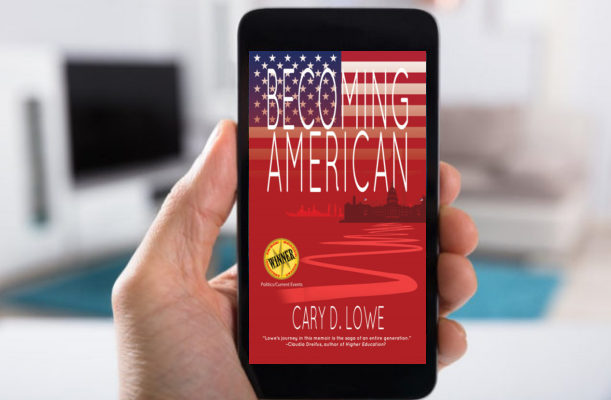

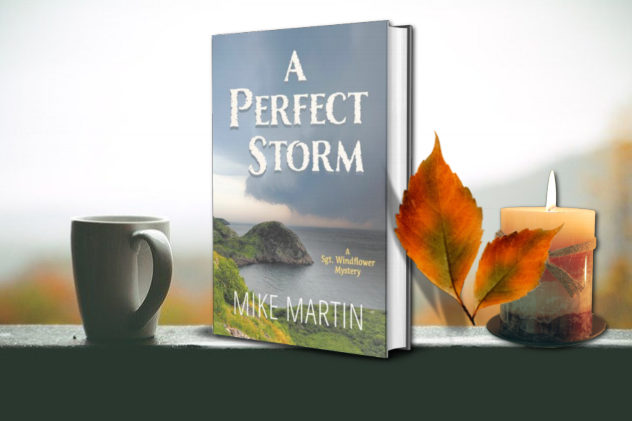
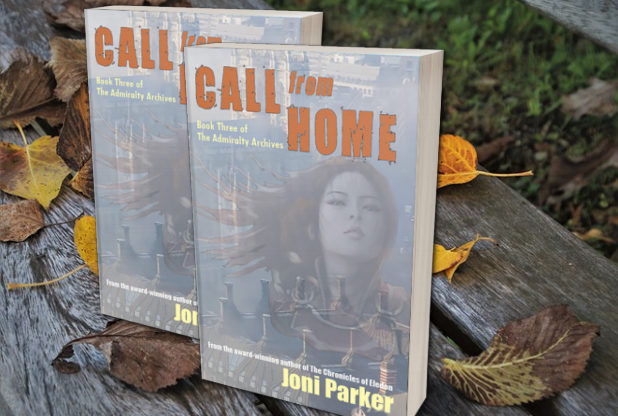
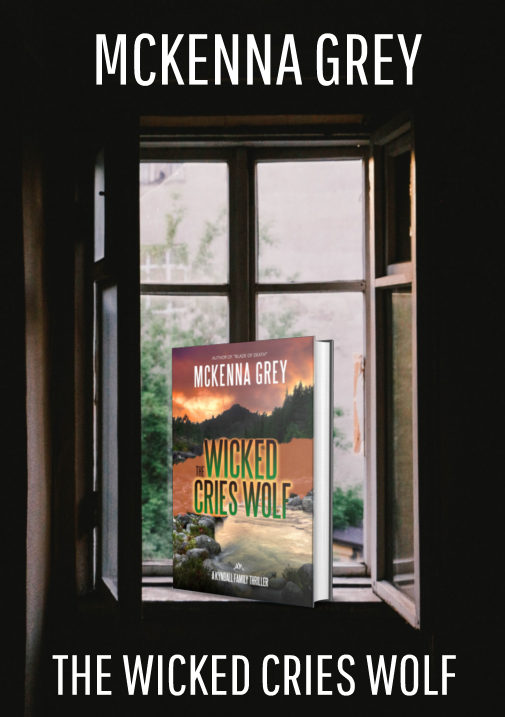


Leave a Comment